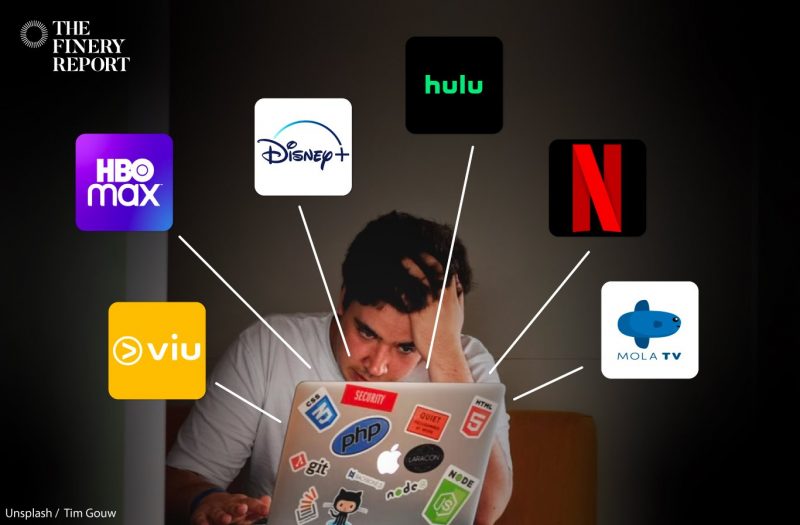The rising popularity of over-the-top subscription services (OTT services) may have a positive effect in combating piracy. OTT services open legal easy access to content at an affordable price, which correlates in solving some popular reasons on why people resulted in piracy.
Piracy is arguably the result of content being not accessible enough due to the high price and its whereabouts. For example, some countries may impose certain bans on content distributed inside their country with censorship as its main reason. This leads to people consuming pirated content available on the Internet.
Since OTT services are widely available, they arguably pivot customer behaviour at large, particularly in piracy. Several indications in the UK, Australia and Indonesia have flagged up the correlation between the decreasing number of piracy and the growth of OTT services. It is argued that OTT services drag down piracy due to its traits of being cost-effective and legal.
OTT services offer access to vast amounts of content with a single subscription fee that is usually set at an affordable price. This is different from old business models where people buy single content in the form of DVDs or CDs with a price equal to or higher than the OTT subscription price.
Another advantage of OTT services is keeping consumers up to date with the latest quality content legally. Due to their official status, OTT services have better technical quality than pirated content. Pirated content usually comes from undercover action which leads to poor technical quality. For example, many pirated content come from secret filming in the theatre, making the picture or the audio unclear. Due to the unlawful traits, pirated content usually got delayed in the distribution phase, making its availability not as fast as the official services.
The convenience stated above are few of the factors that prompt consumers to leave piracy and switch to legal OTT services. Industry setting however, seemed to have forgotten their original advantage that made them popular in the first place. As customer demand grows, the players in these industries started to produce what the industry called “exclusive content“.
As the name said, exclusive content is intended to be exclusively available on a certain platform in hopes to acquire competitiveness in the market. However, this kind of behaviour may be counterproductive, leading consumers back to piracy. That is because exclusive content may lead to what is called “subscription fatigue”.
Subscription fatigue is a condition where consumers are exhausted from subscribing to too many OTT services in order to get the content they want. Even though it is naive to expect all the content you want with a single subscription price, the current situation has put consumers to feel fatigue from too many services they have to subscribe to.
Deloitte stated that subscribers of video streaming services in the US have on average four subscriptions in order to get the content they desire. This proportionately affects the amount of money they have to pay for subscriptions. Surveys on about 3000 US TV watchers stated that 56% of consumers started to be overwhelmed by the number of subscription services.
Subscription fatigue may lead consumers back to piracy as OTT services have started to lose their original advantage. It can be seen that the current situation has locked desirable content behind different subscription services. To break this lock, people would pay a lot of money for multi-subscribing.
This situation will likely cause consumers to return to piracy while still subscribing to legal OTT services. For example, consumers will still subscribe to one of their desirable OTT services to gain content, but at the same time pirate other content that is not available on their subscribed OTT. This would put the OTT industry one step backward from the progress they have achieved: giving accessible content legally.
Policymakers and the industry should be aware of these issues as it would impact the revenue of the industry. The industry should find alternative ways to gain competitive advantage in the market while maintaining the consumer behaviour that has started to leave piracy.
Disclaimer: The view expressed on opinion article doesn’t necessarily reflect the opinion of The Finery Report. The opinion belongs to the author of the article.
Source: https://www.thefineryreport.com/opinionarticles/2021/10/28/subscription-fatigue-impact-on-piracy

